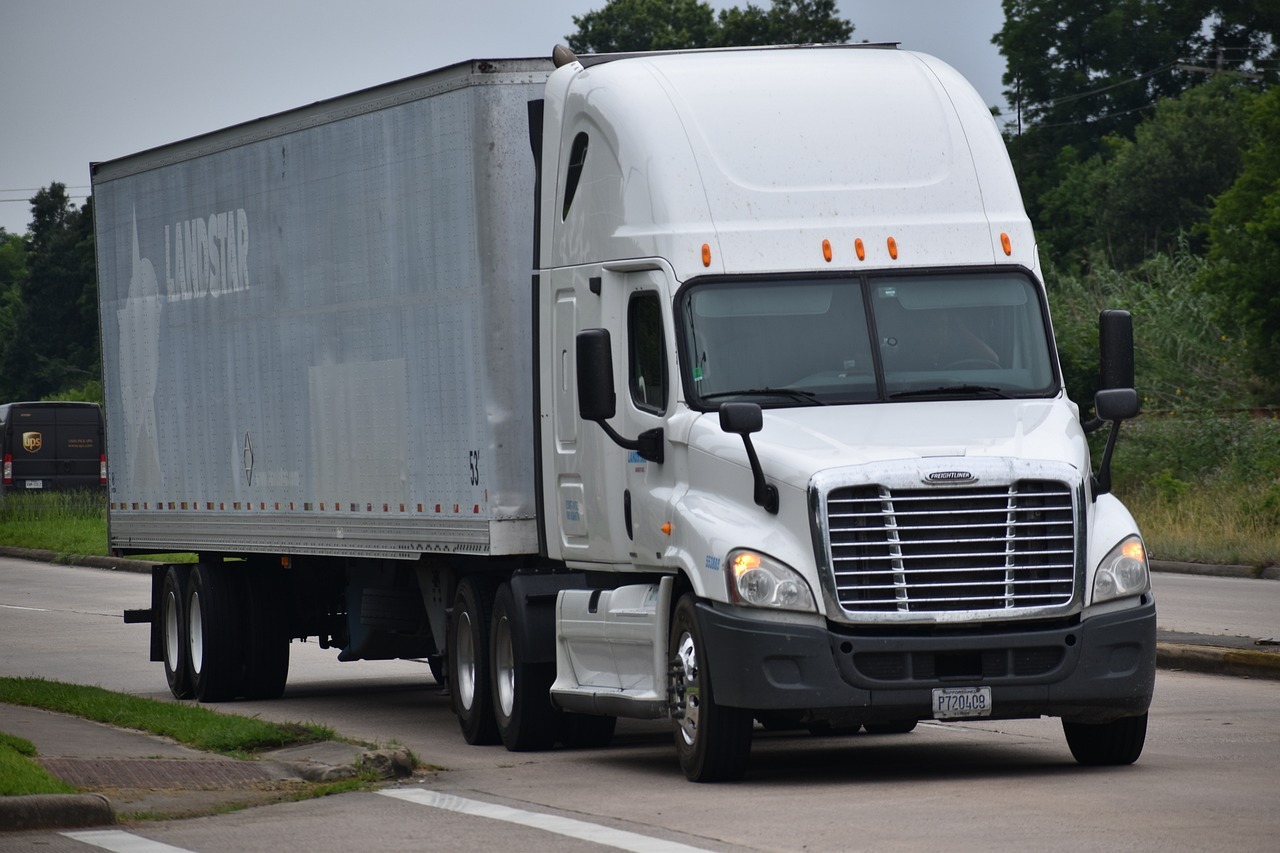Drowsy truckers ramming into random things while on the road have been an issue since the invention of the truck but the freshly revamped trucker work rules under the Coronavirus could double the trouble. The Federal Motor Carrier Safety Association (FMCSA) recently revamped trucking safety rules to ensure that the nation’s hospitals and grocery stores remain well supplied. But the rule changes could mean a big jump in poorly trained drivers on the road and fatigue-related truck accidents.
The New Rules
During the peak of the pandemic truckers were seen as unsung heroes for keeping grocery stores well-stocked – without them people wouldn’t have been able to hoard all that toilet paper, and for ensuring that health centers didn’t run out of precious medical supplies. Although truck drivers were just doing their job, when millions of “non-essential” workers were barred from putting food on their families’ tables, they did so under extreme difficulty, having to battle longer hours and stressful days.
Because hoarding turned into a nationwide problem over the last few months, the demand for more drivers and longer work hours skyrocketed. As a result, the Federal Motor Carrier Safety Association (FMCSA) came with some exemptions to truckers’ safety guidelines that were supposed to last as long as the pandemic did.
However, with no end of the Coronavirus pandemic in sight, the new rules could last indefinitely as the trucking industry has been lobbying for these regulatory rollbacks for decades. Two changes to the trucker work rules are just as many reasons of big concern as they could make the nation’s roads less safe.
The first rule states that trucker wannabes that don’t even have their Commercial Driving License (CDL) will be allowed at the wheel of semi-trucks with a certified truck driver beside them for a few months. The change is designed to prevent motorist shortages as certified drivers need to rest too.
But allowing a swarm of unskilled drivers into a highly skilled profession leaves ample room for human error and trucking accidents. Truckers need long hours of training to safely drive their vehicles on the public roads as one single truck accident can claim the lives of dozens of people.
So, having a professional driver assist the newbie trucker from the front passenger seat just doesn’t make the cut. What if the skilled driver dozes off or is not paying attention when his colleague is making a critical mistake?
The second rule change that should concern everyone is allowing truckers to drive longer hours without a break. Under the new Coronavirus rules, truckers can stay at the wheel over 11 hours. Under the old rules, they were allowed to work for maximum 14 hours but drive only for up to 11 hours. This major change to the Hours of Service (HOS) law has taken the trucking industry by storm in recent months as the 11-hour rule hadn’t budged since HOS came into effect in 1938.
While longer hours mean more money for trucking companies as they can do more work with fewer drivers, they also mean more drowsy drivers hurrying back home after working without rest for days and less safer roads for other traffic participants.
Fewer Limitations Could Mean More Truck Crashes
Fatigue at the wheel is the number one reason HOS was passed in the first place. Overworked drivers at the helm of high-volume vehicles on the nation’s roads for days on end could spell disaster. The new FMCSA exemptions were supposed to end in June this year, but they have been prolonged recently. Critics of the changes are concerned that the loosened restrictions could stay in place indefinitely and up the risk of fatigue-related trucker crashes.
While the FMCSA might argue that fatigue is not a reason of concern among truckers since just 1.5% of truck accidents were caused by fatigue, the numbers might be rigged. One study frequently cited by the federal agency showing that fatigue is not a prime cause for crashes was based on truckers’ self-reports. But truckers are the least likely to admit exhaustion was the cause of an accident they were involved in. Ask any truck accident expert or attorney and they will tell you that fatigue is the top cause of this type of crashes.
Under the new rules, the number of truck crashes could skyrocket, and fatigue will be less likely to be pinpointed as a root cause by both truckers and their employers. So, if you are involved in a crash with a large truck, it is critical to let a professional handle your case. A truck accident lawyer has considerable expertise in such cases and knows how to prove that the blame lies with the trucker or that fatigue was at stake.

